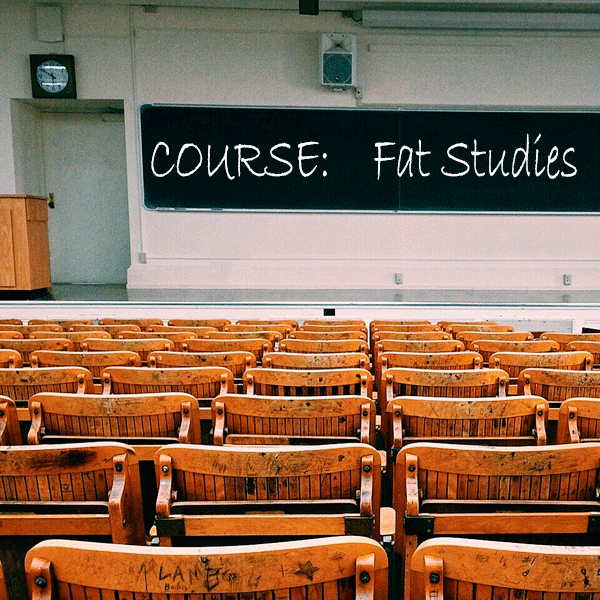
by Rose Laoutaris
There are many crazy gender studies courses offered at American universities in 2018; however, Oberlin College, located in Oberlin, Ohio and known as the most liberal college in America, now offers a course on not only gender, but fat studies as well. Their course, “Inquiries in Critical Fat Studies,” is a half-semester course in the Gender, Sexuality, and Feminist Studies Program, and it is taught by Professor Elliot Director, who according to his biography, has “completed his MA in women’s studies at San Diego State University, where he collaborated with other faculty and staff in the establishment of a Safe Zones program and was active in queer, feminist, and fat activism.”
Fat studies, according to Deborah Lupton, a Centenary Research Professor at the University on Canberra, “is an interdisciplinary field, combining perspectives and research methods from the humanities and social sciences. It builds on the tradition of gender studies and queer studies, focusing attention on the social, cultural, historical and political aspects of the ways in which fatness is a phenomenon and fat people are portrayed and treated.”
According to Oberlin’s course description,
This module on Critical Fat Studies focuses on the way that fat bodies are also implicitly marginalized by gender and race. Students will discuss contemporary and foundational texts in fat studies and will undertake intersectional analyses of mainstream discourses about fat bodies… Who gets to claim fatness as an identity, and what does it even mean to ‘be’ fat?
The first problem with this is that weight is being categorized with race and sex although it is very different. No one chooses their sex or race, and those are not things that cannot be changed. Weight, however, is something that can be changed, and in most cases, people have control over it. Life may be harder for someone who is overweight, but they have the ability to lose weight and be healthy. It may be hard, but telling obese people that they are victims and that being fat is just another “identity” for them to be proud of only makes their life more difficult and less healthy.
Another issue with this course is that it focuses on how obese people are victims of a fat-phobic society, rather than the dangers of obesity, which is a currently a huge epidemic in America. One third of adults and one sixth of children are obese. People should be scared of obesity and should not promote it. It can lead to high blood pressure, heart disease and strokes, Type 2 diabetes, high cholesterol, joint problems, sleep apnea, and gallstones. College is meant to educate students, but if students are not taught about the dangers of obesity in a class about weight, Oberlin is not doing its job.
This course could have been used to teach students about the dangers of obesity and all of the medical problems caused by it, but Oberlin College is using it as another opportunity to promote feminism and the toxic body positivity movement which only hurts people who are obese. If Oberlin wants to teach a course about obesity, it should be a health course on how to prevent obesity, not a gender studies course about social justice.
Rose Laoutaris is a 2018 Fall Intern.

